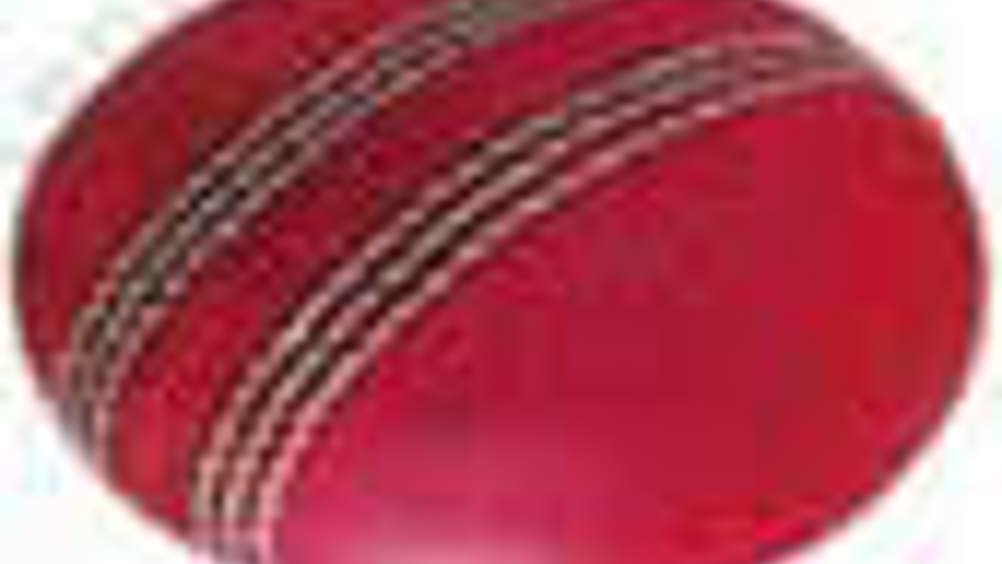On the ball for crime prevention
Police could be issued with ball-shaped cameras that can be thrown into dangerous situations.

Police could be issued with ball-shaped cameras that can be thrown into dangerous situations to assess conditions and save officers from walking into harm.
The Eye Ball, created by Israeli research and development company ODF Optronics, consists of a remote-controlled camera about the size of a cricket ball that can give users a 360º view of its surroundings.
The company said its distributors have demonstrated the Eye Ball to law enforcement agencies in the UK, France, Turkey, Italy and Russia. Over 20 US police forces are currently testing the device.
‘In the next few months we will introduce the products throughout Europe and it can be expected that by the end of the year we will start getting orders from European agencies,’ said Shimon Greenberg, ODF Optronics’ vice-president of marketing .
The Eye Ball can be thrown into potentially dangerous situations or dark and inaccessible areas such as loft spaces, where it can see using near infra-red night vision. It is robust enough to be dropped from a two-storey building or thrown on to a concrete floor without affecting its performance.
Register now to continue reading
Thanks for visiting The Engineer. You’ve now reached your monthly limit of news stories. Register for free to unlock unlimited access to all of our news coverage, as well as premium content including opinion, in-depth features and special reports.
Benefits of registering
-
In-depth insights and coverage of key emerging trends
-
Unrestricted access to special reports throughout the year
-
Daily technology news delivered straight to your inbox










Water Sector Talent Exodus Could Cripple The Sector
Maybe if things are essential for the running of a country and we want to pay a fair price we should be running these utilities on a not for profit...